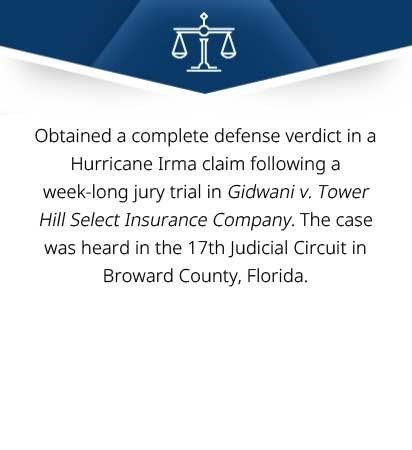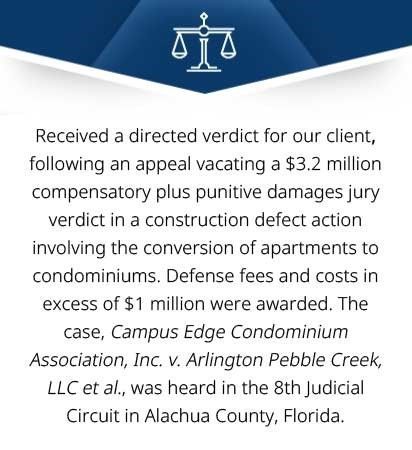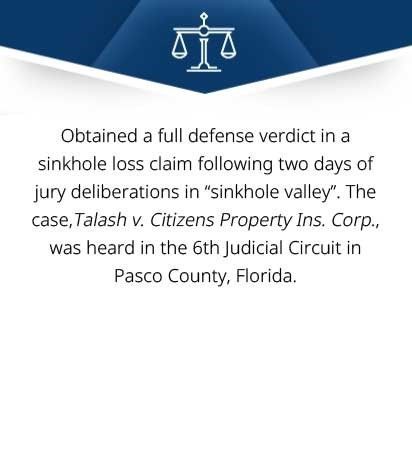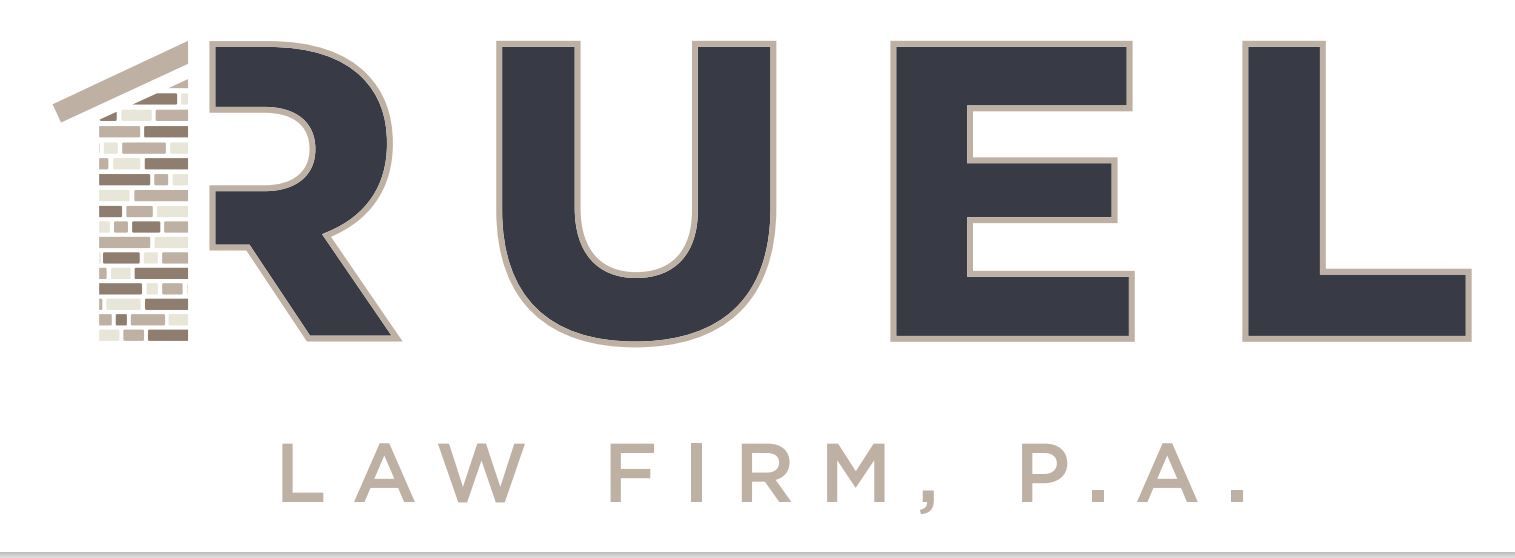
Lakeland Examination Under Oath Lawyer
When you are going through the process of filing an insurance claim for property damage after a storm, the insurance company will use several tools at their disposal to get information from you that they will use to determine whether or not to accept your claim and how much they are willing to pay, if anything. One of those tools is the Examination Under Oath or EUO. The EUO is supposed to be a way for insurers to protect themselves from fraudulent claims by uncovering insurance fraud. In practice, however, EUOs are often used by insurance companies just to fish for reasons to deny your claim. This makes the EUO a critical stage in the insurance claim process and one you should not enter into without skilled legal advice and assistance. Learn more about EUOs below, and for help with a residential or commercial insurance claim in Central Florida, contact our experienced Lakeland Examination Under Oath Lawyer today.
What Is an Examination Under Oath?
An Examination Under Oath (EUO) is a formal proceeding, even if it doesn’t take place in a courthouse or as part of a lawsuit. Still, you will be sworn under oath to tell the truth by a court reporter, who is an officer of the court, and violating that oath by lying is perjury. The court reporter will be present for the duration of the EUO, taking down every word you say and creating an official transcript of the proceedings.
While under oath, a representative from the insurance company – probably an attorney – will ask you questions about your claim. Based on the answers you give, the insurance company might use the EUO as a springboard to request additional information or documentation from you at a later date. They will also treat the EUO as your opportunity to get everything on the record that you want to say about your claim.
You Are Required to Attend an EUO
If the insurance company sets up an EUO for you, you have to go. You’ll find that your attendance is a part of the insurance policy, which is a contract signed by you and which can be enforced against you, even if you didn’t read the entire contract and didn’t know that provision was in there. Insurance contracts are lengthy documents written in highly technical legalese that nobody ever reads, but your acceptance of the policy indicates your acceptance of its provisions, including the requirement to submit to an EUO when you file a claim for benefits. Failing to attend the EUO puts you in breach of contract.
Depending on the terms of the policy, it might require you to submit to an EUO as many times as the insurer requires. It might also require that your EUO be conducted outside the presence of any other insured, so if you are making a homeowner claim with your spouse or a commercial claim with a business partner, everybody might need to submit to their own EUO without the other present. The policy might even require other parties to submit to an EUO even if they aren’t named on the policy, such as employees of the company making a commercial property damage claim.
How the Ruel Law Firm Can Help With Your EUO
The EUO can be used to accomplish many things to your detriment. It can be used to delay or draw out the claims process as well as to intimidate you. It can also be used as a fishing expedition for the insurance company investigators to find anything they can use against you. One tactic includes asking the same question in multiple different ways, and if your answers differ slightly from one question to the next, the insurer will use these differences to make you seem untruthful or inconsistent with your story.
Take your lawyer with you when you go to your EUO. That is your right. At the Ruel Law Firm, we’ll prepare you in advance so you know what to expect at the examination, and we’ll be by your side making sure you understand the questioning and making sure the insurer isn’t going beyond the legal bounds of the EUO. For instance, if they ask specific questions or request additional documentation, we’ll know whether what they are asking is within their rights or should be objected to. In addition, if their request for an EUO is unreasonable, we’ll object to the EUO itself through the proper legal channels.
Of course, you should be honest and open during the EUO. Your goal is claim acceptance, and this goal will be served by performing well in the EUO, not giving the insurance company any reason to deny your claim but rather giving them cause to accept the facts as you present them and conclude that your claim is valid.
Contact the Ruel Law Firm Today
The EUO is part of the claim acceptance/denial process. An acceptance or rejection of your claim could come after the EUO based on the information learned there. At the Ruel Law Firm, we’ll put you in the best position to help your case and not hurt it at the EUO, and we’ll be by your side throughout the examination and the entire claim process from start to finish. Call our experienced Lakeland examination under oath lawyer today.


Recent Results

Slide title
Write your caption hereButton
Slide title
Write your caption hereButton
Slide title
Write your caption hereButton
Slide title
Write your caption hereButton
Slide title
Write your caption hereButton

